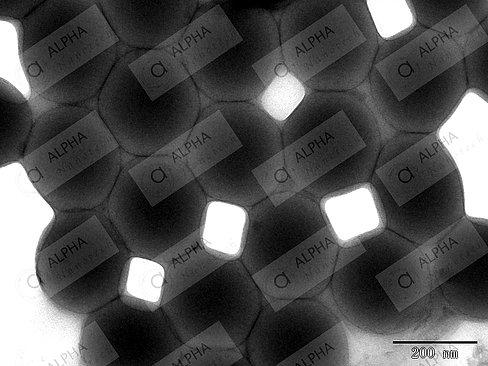PMMA Nanoparticles: Properties, production and everything you should know about!
- Kelly Clifford
- Jan 16, 2020
- 2 min read
Short for pmma nanoparticles or more correctly Poly, PMMA is a clear plastic acrylic material that can be used as a replacement for grass. PMMA is frequently utilized in places where shatter-proof glass or else windows are requisite, such as the puck barriers found in hockey rinks. PMMA is also used in signs, lenses, paints and it is also the nucleus substance used in plastic optical fiber.
PMMA nanoparticles is a commercially, the most imperative member of a range of acrylic polymers which may be considered structurally as derivatives of acrylic acid. It is a form of non-degredable polyacrylate widely used for optical components of a high level of clarity and structural rigidity.
What are PMMA nanoparticles?
PMMA nanoparticles are a synthetic resin produced by the polymerization process of methyl methacrylate. It is a kind of transparent, rigid, apparent plastic used commonly as shatterproof replacement of glass.
This material has proved as an economical replacement for polycarbonate when tensile strength, transparency, polishing as well as UV resistance is more imperative than impact strength as well as resistance to chemicals and heat.
It is preferred material over polycarbonate as it does not contain harmful bishphenol-A, which is a sub unit found in polycarbonate substances. The resin is also considered over others due to its moderate properties, effortlessness of handling and processing along with its low cost.
Properties of PMMA
· It is a strong, tough and light-weight material
· It has better impact strength than both glass and polystyrene
· Greater environmental stability as paralleled to other plastics
· High thermal and chemical resistance
If you are willing to buy PMMA nanoparticles, consider buying from Alpha Nanotech. We offer supreme quality research material at a very competitive price.





Comments